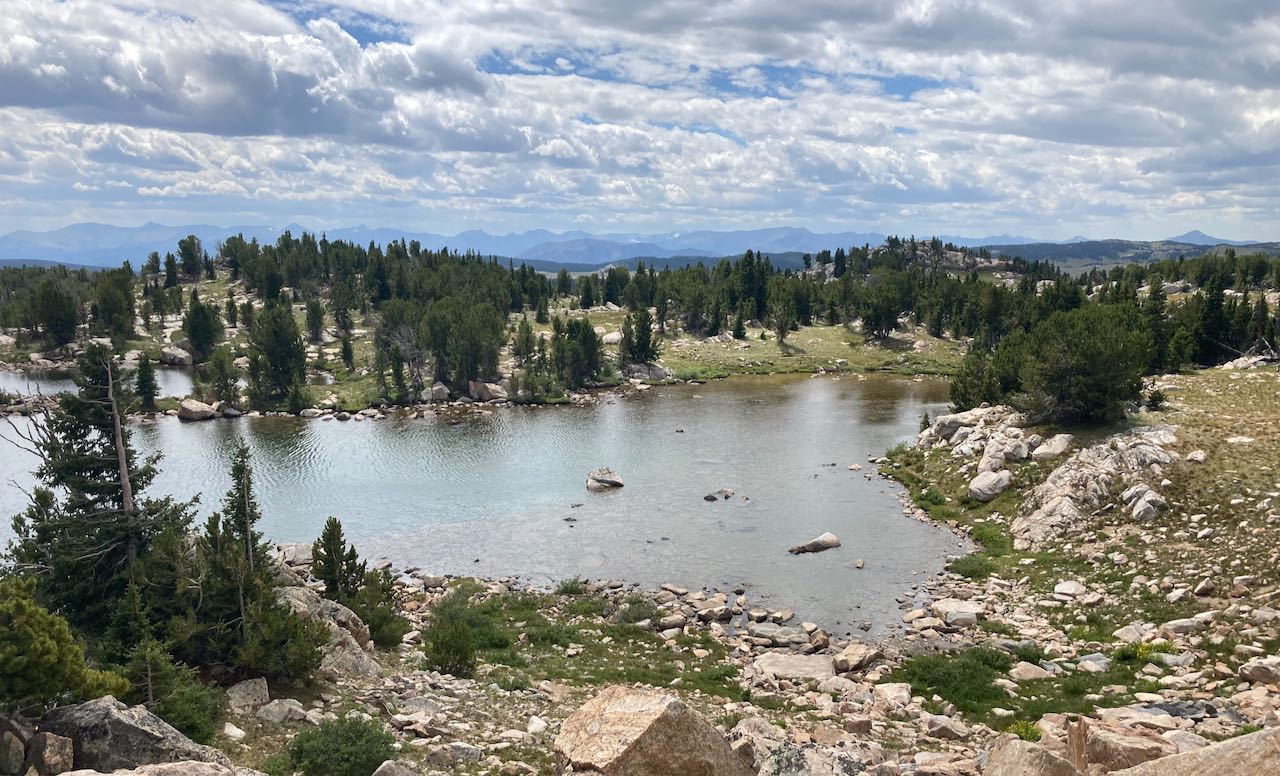The Fourth of July was the first time I heard someone say, “Summer’s almost over,” and I thought it was too soon. But now it is almost August, and even though I don’t go back to school till September, some people will be having school start up in just a few weeks. So maybe summer is wrapping up, or summer vacation at least. For those who will be beginning college, I thought it might be good idea to share a few things that worked for me last year.
1. Don’t get hooked on one way of doing things
This lesson was the first I had to learn. I went to school with many ideas about how I would do things, but I had to throw them by the wayside after a few weeks. I tried to use a paper planner, for example, to keep track of due dates and events. It was a nice color with pretty paper on the inside, and I liked having a real handleable copy of my schedule. After a month, however, I finally admitted to myself that I was much better at using an electronic calendar on my computer. In addition, classes can be very different from each other. I don’t think there have been two classes that have needed the same study strategies.
2. Figure out when reading is important
I feel a little guilty for even saying this, but: I found that sometimes you don’t need to do the assigned reading. Don’t misunderstand me- in many classes reading is crucial, but if a class covers everything on the test in class, reading the text can just be redundant and time consuming. Other times, I found it worked out not to do the reading before class, but after class as a review. This was especially helpful when the text goes deeper into the topic than the class does (like my anatomy book), and I usually ended up being confused if I read it first.
3. Read the directions. Follow the directions. Double check if the directions were followed correctly.
A lot of the time I had points marked off on assignments, especially writing ones, it was because I had missed a small detail on the instructions, or didn’t follow them in a way that it was easy for the grader to notice. I found I needed to restate their question exactly with my answer. If the assignment said “Tell me your thoughts on X” my writing would have to read “My thoughts on X are ____.” I don’t usually like writing a sentence like this using such a formulaic, fill in the blank type response, but if I didn’t, I often didn’t get credit for it. It helped to remember that the teacher was grading fifty other papers besides mine, and needed to have an easy way to see that I read and followed the directions.
4. If you have to learn it, someone else did too-
-and they probably left you resources to help out! A friend introduced me to the site Quizlet, where you can make your own flash cards, and also use flash cards that others have made. I used cards I found there to memorize the twenty essential amino acid structures in biochemistry, and it helped me out a lot. I also found helpful phrases for memorizing lists of things online. For example, we needed to know the names of the twelve cranial nerves in anatomy: olfactory, optic, occulomotor, trochlear, trigeminal, abducens, facial, vestibulocochlear, glossopharyngeal, vagus, accessory, and hypoglossal. Those long words would have been impossible to keep in order without the mnemonic: Oh, once one takes the anatomy final, very good vacations are heavenly!
5. Highlight!
This is something else I didn’t figure out till the last month of college. Some students highlight in their textbooks, but I found it more useful to highlight and annotate my own notes. I shaved off some study time with this method, and I am definitely stocking up on multi-colored highlighters this year.
6. 10 minutes of study the same day of class is worth twenty minutes three weeks later.
This one was REALLY important for me, and again, I didn’t figure it out until the last month of school. Once I got in the habit of reviewing my notes the evening after class, the amount of time I had to study went down by at almost half!
7. Read through notes creatively-never the same way twice.
Skimming notes blankly without interacting with the text is a waste of time. I saved so much effort by reading through notes first as they were written, recalling the professor’s words as I went. Then I would read through them backward, trying to remember the point that came before the section I was reading. Then, I would summarize each section and important points as I read through them a final time, adding bullet points and underlining as I went.
8. Study on weekends-briefly but consistently.
Not many students want to hear this, but isn’t an hour of work on Friday, Saturday, and Sunday better than four hours cramming Sunday night?

Hi Sarah,
These ideas are detailed & many that wouldn’t come to mind automatically. I wonder if the problems with credit on the tests, didn’t occur because the instructors were implementing your #2. The flash card site must be a gem, what a great discovery. Brother Landon, are you watching? : )
July 4th signals the halfway point of summer for me.
Sarah,
This was a great list! If you don’t mind, I’d like to share some of these with our students. I will certainly give you credit!
Your study habits are a great tribute to you and would serve as a good model for others.
Valerie
Thanks! Of course you can share anything you would like. I would really like to know that it could be helpful to someone.
Sarah